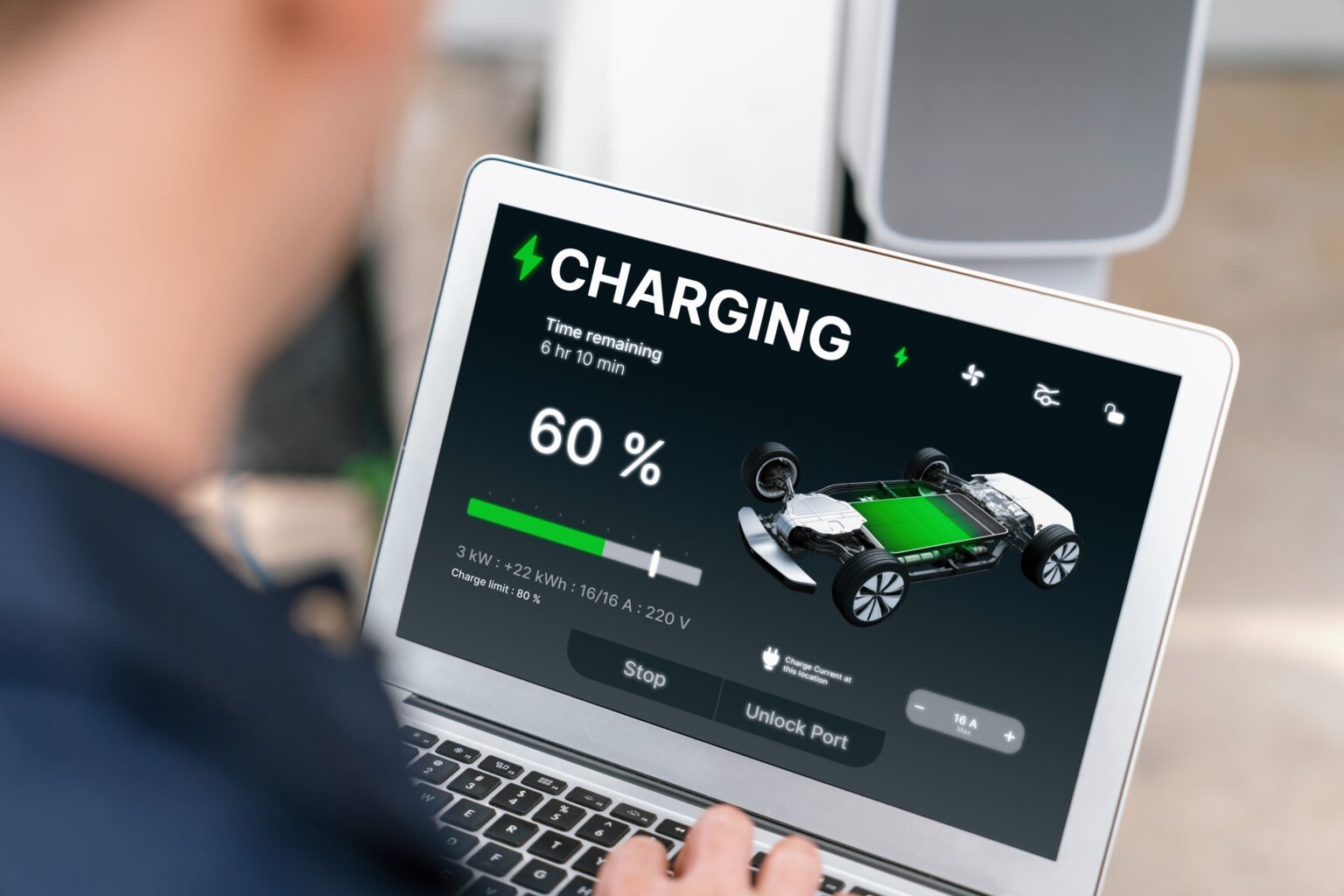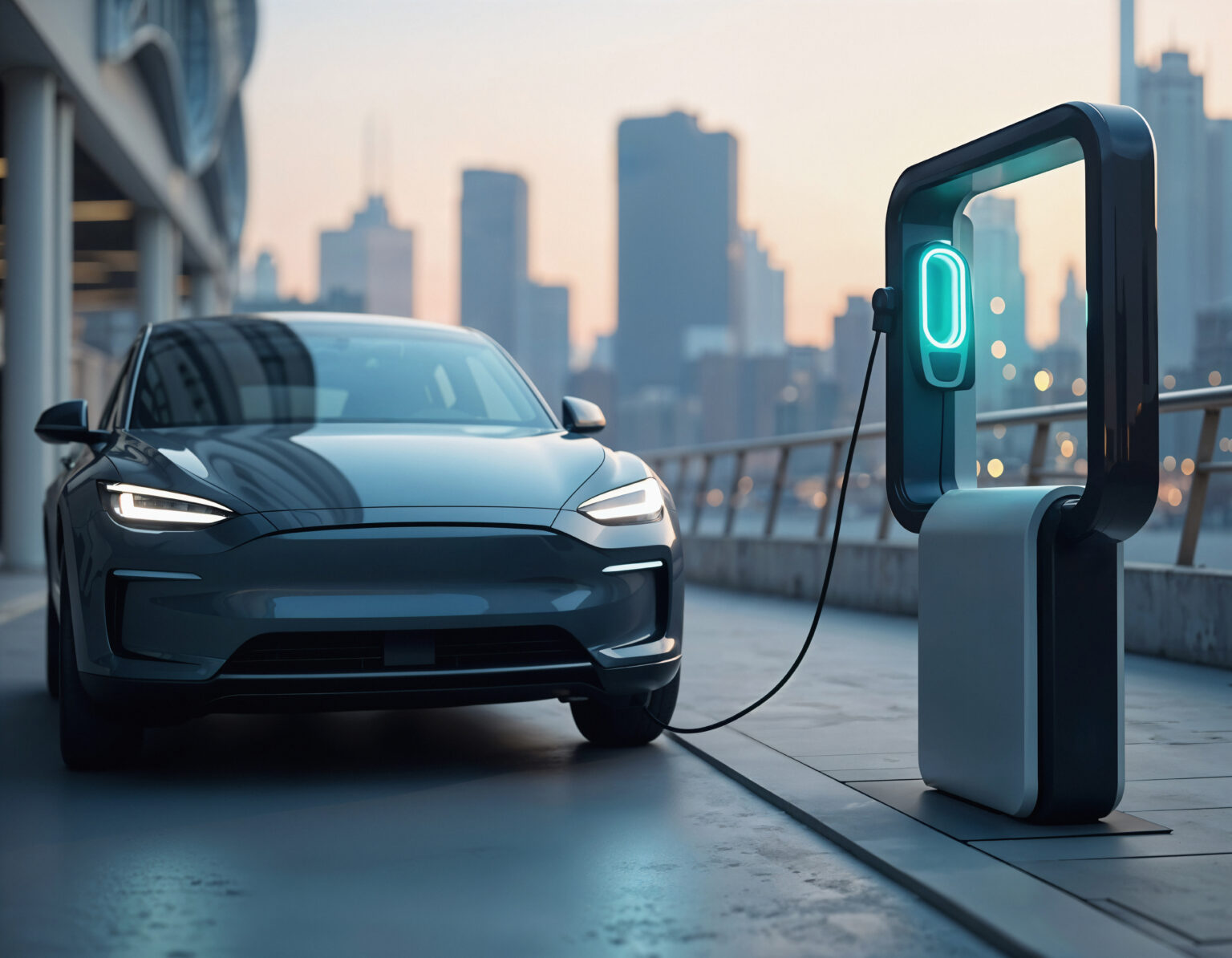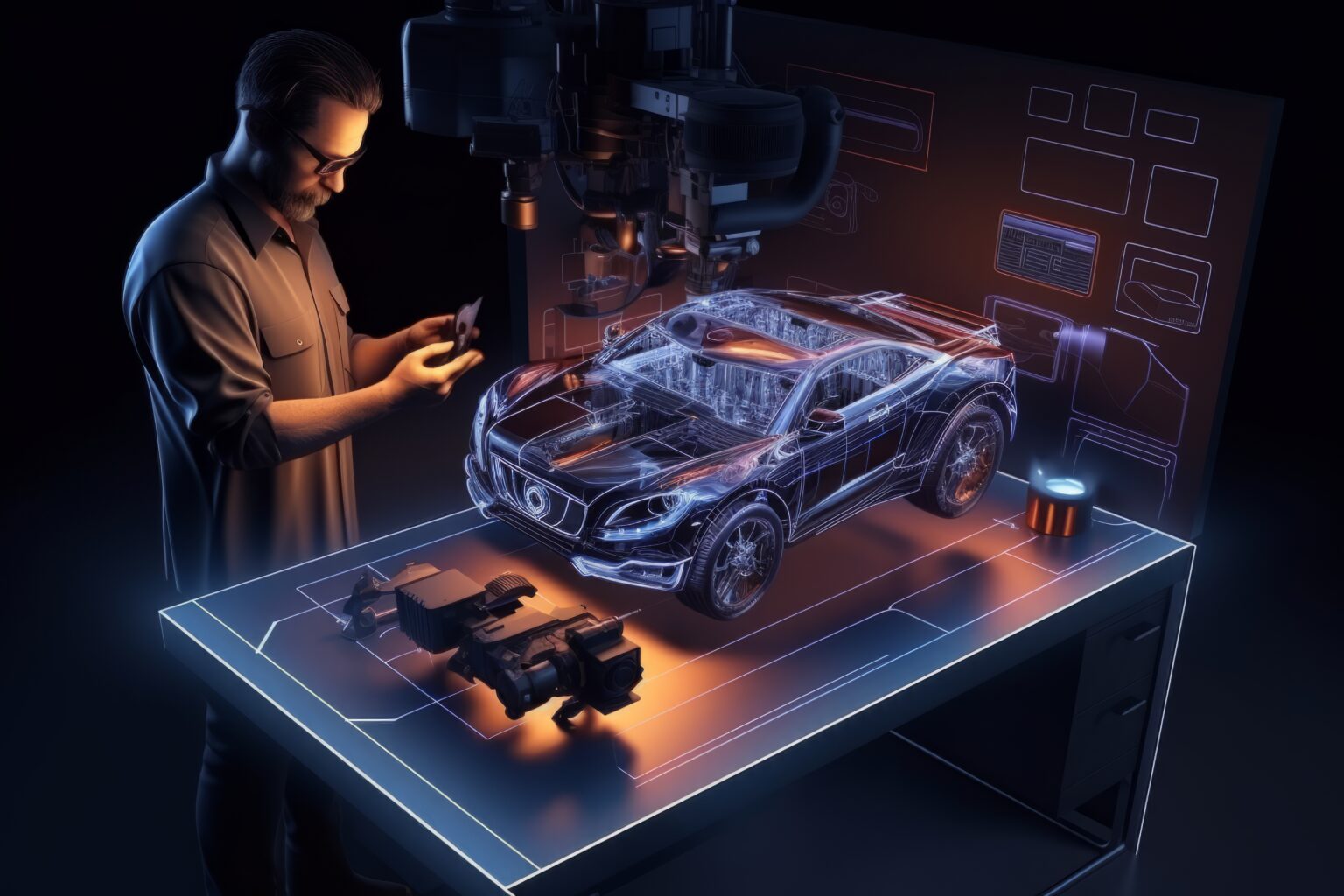The future of urban life isn’t just electric—it’s intelligent, integrated, and sustainable. As cities around the world adapt to climate imperatives, urban planners are increasingly turning to electric mobility, IoT, and big data to create smarter, greener environments.
But how do all these pieces fit together?
The Urban Mobility Puzzle
Cities today are choked by traffic, pollution, and noise. Traditional infrastructure is buckling under population pressure. According to the World Economic Forum, transportation accounts for nearly 30% of urban emissions globally.
Electrification of transport is a promising solution—but only when implemented as part of a holistic, data-driven ecosystem.
Electric Vehicles as Urban Sensors
Every EV on the road is more than a vehicle—it’s a mobile data generator. Smart EVs embedded with telemetry and IoT systems collect and relay data on:
- Traffic flows and congestion points
- Air quality trends in real time
- Peak and off-peak energy demands
This data, when aggregated, can guide urban planning decisions—from where to place charging stations to how to optimize traffic lights.
Smart Infrastructure: The Enabler
It’s not enough to have smart vehicles—we need smart roads, smart chargers, and smart policies. Key elements include:
- IoT-connected EV chargers
- Edge-enabled traffic management systems
- Integrated public transport and e-mobility apps
As per the report The Internet of Things: Catching Up to an Accelerating Opportunity, cities that deploy IoT-enabled EV infrastructure can cut operational costs by up to 35% while improving service reliability.
How Xaptronics Powers Smart Cities
At Xaptronics, we build the embedded systems that link electric mobility to city infrastructure. Our solutions are designed for:
- Real-time vehicle-to-infrastructure communication
- Grid-aware EV charging using AI-driven load balancing
- Scalable data analytics from fleets to city dashboards
Our systems work across two-wheelers, three-wheelers, and public transport EVs—making cities smarter, not just cleaner.
Case in Point: Urban Delivery Fleets in Hyderabad
Xaptronics-enabled e-delivery fleets operating in Hyderabad have:
- Reduced downtime using predictive diagnostics
- Shared environmental data with city air monitoring units
- Achieved 98% route adherence using real-time tracking
These micro-improvements collectively shape better city operations.
Citizen Experience & Inclusion
Smart mobility is also about equity. Our embedded systems:
- Enable audio alerts for differently abled users
- Integrate multilingual interfaces
- Power shared mobility platforms for underserved communities
A truly smart city includes everyone.
Final Thoughts
The smart cities of tomorrow won’t be built with bricks alone—but with bytes, data, and intelligent systems. Electric vehicles, when empowered by IoT and AI, will do more than move people—they’ll shape how we live.
At Xaptronics, we believe that mobility is a public service—and data is its infrastructure.
See how Xaptronics powers connected, sustainable urban ecosystems. Visit www.xaptronics.com
Sources:
- World Economic Forum, “The Future of Urban Mobility,” 2024. Read here
- Deloitte, “The Internet of Things: Catching Up to an Accelerating Opportunity,” 2024. Read here




